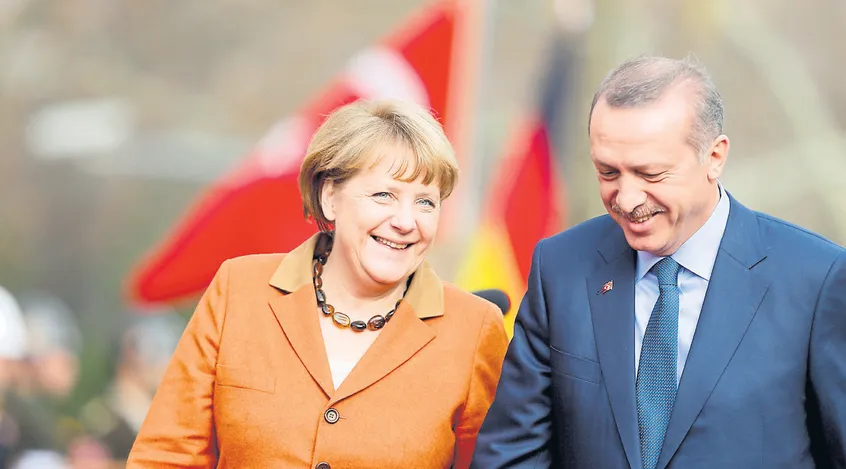There could be an approaching crisis.
In late May, Turkish President Recep Tayyip Erdogan and German Chancellor Angela Merkel met at a UN human rights conference in Turkey.
After a meeting with the Turkish President, Chancellor Merkel said that she had expressed concern over Turkey’s creeping violations of human rights and told Mr Erdogan that the visa-free travel aspect of the EU-Turkey migrant deal could not go ahead unless Turkey reformed aspects of its anti-terror laws so that journalists, academics and political opponents are no longer arrested for ‘terror offences’.






